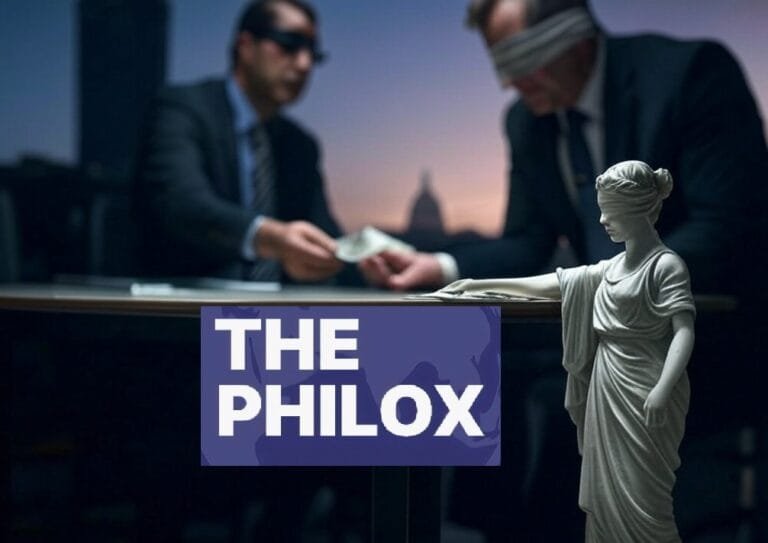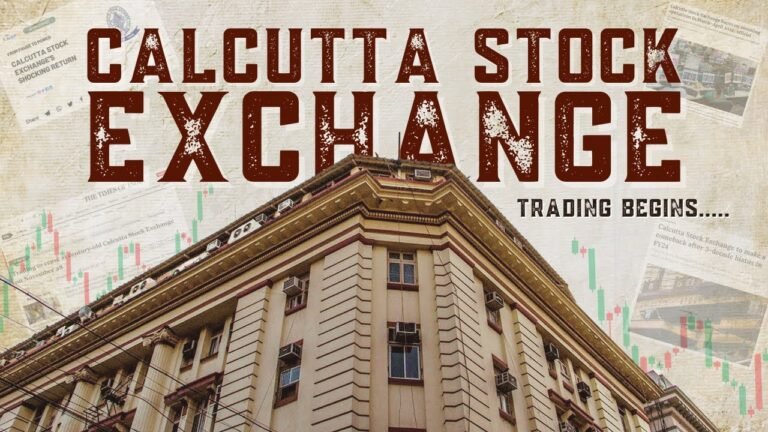"Hotel California," released by the Eagles in 1977, is a metaphorical masterpiece exploring the dark underbelly of...
corruption
The article "Punah Mooshak Bhav" by Justice Katju draws a parallel between an ancient Sanskrit tale and...
The sad shadow Prakriti Lamsal, a 20-year-old Nepali student at Kalinga Institute of Industrial Technology (KIIT) in...
People of India must realise the truth, that elections only result in change of leaders, who only...
Justice Katju highlights significant contrasts between America and India based on his experiences. In America, corruption is...
The government of Rajashtan has declared Vikrant Massey starrer Sabarmati Report, tax-free just like their neighboring state,...








